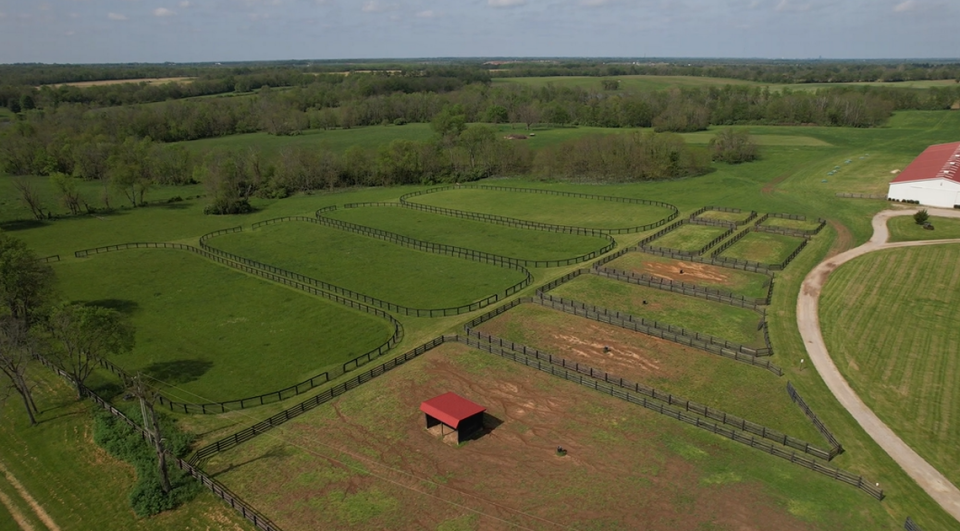Bourbon County’s unique beauty threatened by proposed Bluegrass Station expansion | Opinion
Bourbon County Kentucky is one of the most beautiful places on the face of the planet. It “lies at the heart of the garden of Kentucky—the surface gently undulating, the soil remarkably rich and productive…hemp, corn and wheat are cultivated…and grasses grow in great luxuriance…Bourbon cattle are unsurpassed in beauty…by any in the United States.” (Lewis Collins, Historical Sketches of Kentucky, 1848). Beneath this rich and nurturing soil lies limestone, which turns the grass a mythic blue, and strengthens the bones of locally bred race horses.
Bourbon County history is rich in examples of love and compassion, notably Barton Stone defying the hell and brimstone preachers at Cane Ridge. Recently citizens of Bourbon County have stood down attempts by a group of zealots to ban books and censor sources of learning at the public library. In response, the library board proclaimed it to be a sanctuary library, free and open to all thought.
But now Bourbon County faces one of the most dire events in our history. We are under threat of having a dangerously polluting development imposed upon some 4,000 acres of local lands. Yet once again a proposed expansion of facilities at the Bluegrass Army Depot is in the works. This effort has been stood down once before, in 2017, when several hundred local citizens went to the court house to voice their concerns to the fiscal court.

The debate about this expansion must be understood as something far more critical than simplistic characterizations of the landed elite defying progress fostered by benign corporate ambition. This debate should be about whether an assault on a great planetary resource — the land — will be successful.
Steve Collins, Bluegrass Station director, has made the arrogant observation that this is a situation where “the needs of the many versus the wants of a few in the public good” drives the resolution of the dispute. How does he define the many? Are they the landowners and stewards of the field concerned about environmental impact? Are the wants of the few to be found in demanding, risk aversion, corporate welfare recipients? Does Collins realize he is quoting Dr. Spock, a fictitious character from Star Trek?
Elevation of the debate to a “think global, act local” scenario allows the admission of evidence that this expansion provokes severe environmental consequences. Jet fuels are pollutants that increase the carbon footprint, the source of current climate change distress. Jet engine admissions “include volatile compounds and particulate matter…linked to several adverse effects…with increased risk of disease, increased hospital admissions…and cancer. (“A review of health effects associated with jet engine emission, Environmental Health, October, 2021.) Emissions raining down from the skies will surely impact the many, and few will be exempt. We will be digging our own graves.
Accusations of standing in the way of progress are cynical and misleading. We do need more jobs in Bourbon County, but not at the expense of a viable agrarian economy struggling against the tides of industrialization and global warming. Be warned, we are being forced to submit to the supremacy of machines and “it is deplorable that agrarianism is imperiled by…a pattern in society...in which the highest aim of success in life is success in industry…” (Herman Nixon, Ill Take My Stand)
We do not need to destroy this brilliant vestige of a rural landscape which survives in an age of rash, poorly planned expansion. What we need to do is drive out to Cane Ridge and walk to the top of the hill behind the venerable old log church and gaze across the fields, and give thanks for the peace and tranquility which has been bestowed upon us and for which we are eternally responsible.
Estill Curtis Pennington is an art historian and Bourbon County native.

